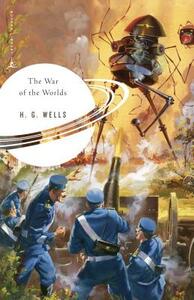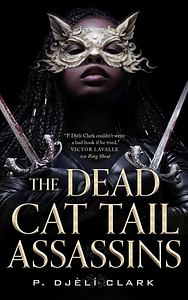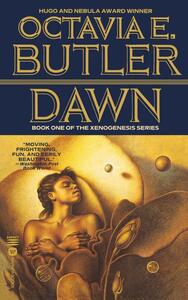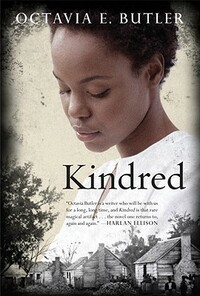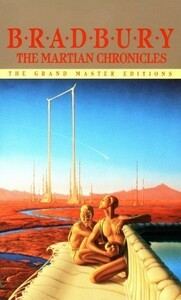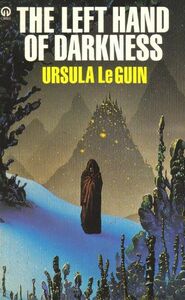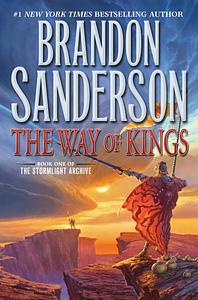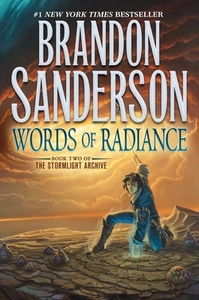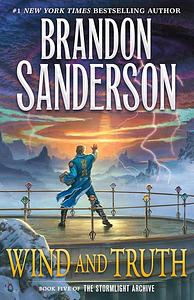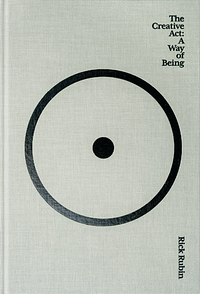Take a photo of a barcode or cover
elijahs_bookshelf's Reviews (118)
Naturally, this book is a classic for a reason. However, because it's so foundational to the science fiction genre, it falls a bit flat in my opinion as a modern reader who was already familiar with much of the story trappings and themes from other media that have told similar stories since. If you love classical science fiction, then you should definitely read War of the Worlds at some point in your life.
What a fun romp! The memory-loss trope usually doesn't do it for me, but I enjoyed the way this one was executed quite a bit. A big part of this is that Clark's approach to the trope; Eveen's character arc wasn't intrinsically tied to a plot of regaining her memory. Rather, the tensions of her memory loss were derived from other sources, as developed throughout the story in different ways. The braiding of worldbuilding, plot, and character threads together also felt masterful. The story world felt very well fleshed out, full of small details that get teased and exlored and revealed at a deeply satisfying pace. As a side note, I listened to the audiobook and loved the narrator--her voice was a great match for this story.
Holy cow, I was not prepared for how much I was going to love this book. Butler has been steadily rising to become one of my favorite authors, and this has been my favorite book of hers that I've read so far--despite this being one of her books that I hadn't heard much about beforehand. Her ability to bake tension and gripping themes into every aspect of the book is stellar; she uses a lot of care and cleverness in how she approaches horrifying themes of bodily autonomy, consent, and cooperation.
My deepest praise for this book has to be its opening act, though. I'd be hard pressed to name another book whose first fifty pages are as compelling. The pacing is immaculate, from character development, worldbuilding, plot progression, emotional highs and lows... it's all just so perfectly claustrophobic and rewarding.
This book deserves so much more praise than the lack of attention I've seen it receiving.
My deepest praise for this book has to be its opening act, though. I'd be hard pressed to name another book whose first fifty pages are as compelling. The pacing is immaculate, from character development, worldbuilding, plot progression, emotional highs and lows... it's all just so perfectly claustrophobic and rewarding.
This book deserves so much more praise than the lack of attention I've seen it receiving.
As with most books I consider well-deserved classics (or classic-should-be's), I'm having a hard time extricating my thoughts in this review beyond the basic "this book is phenomenal." The technical details of Kindred are immaculate: compelling characters, impossible decisions, a gripping plot, thorough research/convincing worldbuilding. This is one of those books that disallows you from flinching away from its brutality. It's honest, purposeful, and raw. I thoroughly enjoyed every minute I spent reading it.
Man, turns out that classic works of sci-fi are highly regarded for a reason. This book is great! I read this book for a college course, and I gained a lot from reading these stories as a part of a group. Bradbury does a phenomenal job of writing his stories to be compelling on all levels: the literal, thematic, and prose levels of his writing are all excellently refined. Any science fiction fantasy fan should pick up this book at least once in their life.
This is a book that's right up my alley. The worldbuilding is intricate and expansive, and used quite effectively to inform character and conflict within the plot. Genly and Estraven are both quite complicated characters, and I really enjoy how their relationship shifts throughout the novel.
The author's introduction at the beginning of the book all on its own makes me almost want to bump up a full star in my rating. It's a brilliant piece of nonfiction on the nature of truth, fiction writing, reality, and creativity. I think everyone with an interest in fiction (whether it's because you already like fiction or you want to understand fictionists better) should read this essay, honestly.
The author's introduction at the beginning of the book all on its own makes me almost want to bump up a full star in my rating. It's a brilliant piece of nonfiction on the nature of truth, fiction writing, reality, and creativity. I think everyone with an interest in fiction (whether it's because you already like fiction or you want to understand fictionists better) should read this essay, honestly.
This is my favorite series of all time, and one of my most reread books. I find new things to appreciate about it every time. It's so good, in essentially every way.
It's been a few years since I've reread this series, so I'm so happy to be back in my favorite series. This book is so storming good.
I mean, what can I say. Brandon Sanderson excels at climactic endings. Anyone who knows me should not be surprised that I'm rating a Stormlight book 5/5.
I suspect that audio was the wrong format for me to read this book -- I found it far too easy for my mind to wander while listening, because some parts of the book were more or less interesting than others.
After reading this book, I also suspect that I'm further from the target audience than I realized; I would have gained more from reading this book in high school. I'm already a deep thinker who's spent time thinking about creativity, and I'm already confident in my identity as a creative. Anyone with less of these traits would gain a lot from this book (either someone without experience contemplating what creativity actually looks like and/or requires, or someone who merely lacks confidence in their creativity, or both).
The actual ideas and musings seem mostly solid though (a few places feel more... spiritual than literal? Which isn't so much my cup of tea, but perhaps it's yours). The perception of this book as a handbook to artistry, as a combination of high-level ideals and practical considerations, is quite apt. I would recommend this book to anyone interested in that premise -- although I might also recommend they buy the physical copy, so they can flip through to the sections that interest them the most, rather than investing in a linear, cover-to-cover experience of the book. Having the capacity to filter through the book and focus on only his practical advice or only his philosophy of creativity, whichever you're most interested in at the moment, seems important, as they're often jumbled together, which I didn't love because I wasn't so much interested in some of his philosophical takes on creativity.
After reading this book, I also suspect that I'm further from the target audience than I realized; I would have gained more from reading this book in high school. I'm already a deep thinker who's spent time thinking about creativity, and I'm already confident in my identity as a creative. Anyone with less of these traits would gain a lot from this book (either someone without experience contemplating what creativity actually looks like and/or requires, or someone who merely lacks confidence in their creativity, or both).
The actual ideas and musings seem mostly solid though (a few places feel more... spiritual than literal? Which isn't so much my cup of tea, but perhaps it's yours). The perception of this book as a handbook to artistry, as a combination of high-level ideals and practical considerations, is quite apt. I would recommend this book to anyone interested in that premise -- although I might also recommend they buy the physical copy, so they can flip through to the sections that interest them the most, rather than investing in a linear, cover-to-cover experience of the book. Having the capacity to filter through the book and focus on only his practical advice or only his philosophy of creativity, whichever you're most interested in at the moment, seems important, as they're often jumbled together, which I didn't love because I wasn't so much interested in some of his philosophical takes on creativity.
